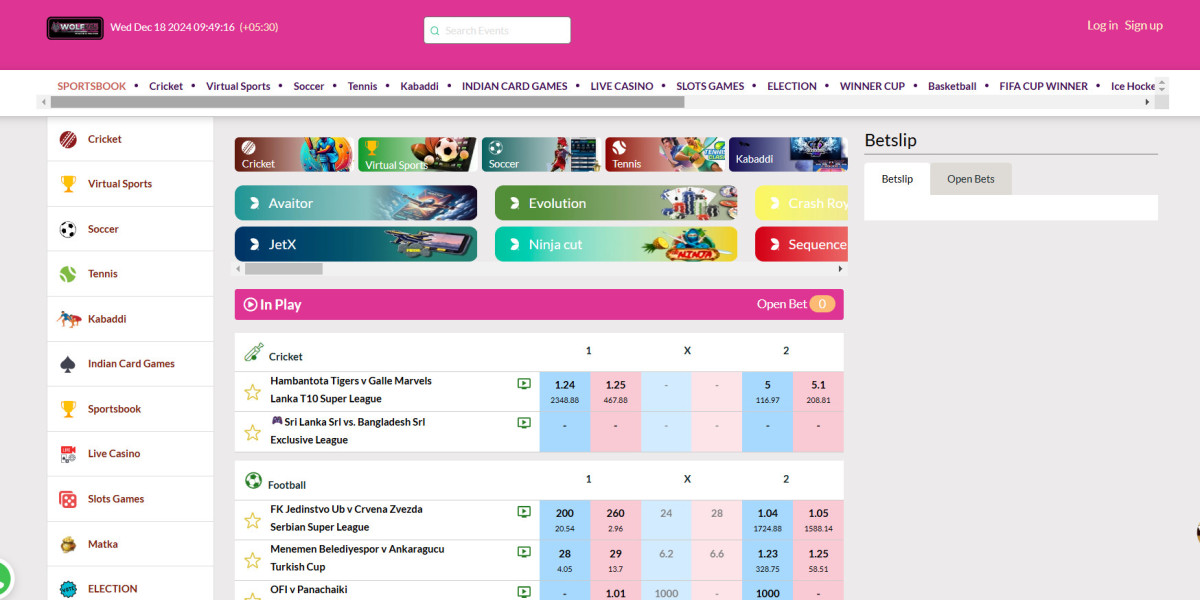Hiring a programmer is a crucial step for any startup looking to build software, websites, or mobile apps. However, the cost of hiring a programmer can vary widely depending on factors like experience, location, and the scope of the project. In this article, we’ll explore what you can expect when hiring a programmer for your startup and provide insights into managing these costs effectively. Additionally, we’ll discuss strategies on how to hire a programmer for a startup.
Understanding the Cost Factors
The cost of hiring a programmer depends on several factors. Let’s break them down:
1. Type of Employment
Full-Time Employee: Hiring a full-time programmer is ideal if you need ongoing development work. The average annual salary for a programmer in the U.S. ranges from $70,000 to $120,000, depending on their experience and specialization.
Freelancer: Freelancers are a flexible and cost-effective option for short-term projects. Their rates range from $20 to $150 per hour, depending on their expertise and location.
Contractor: Contractors are typically hired for specific projects. While their hourly rates may be higher than full-time employees, they’re a good choice for startups that need expertise without long-term commitments.
2. Experience Level
Junior Programmers: Junior developers with 1-2 years of experience typically charge lower rates but may require more supervision. Their salaries range from $50,000 to $80,000 annually or $20-$50 per hour as freelancers.
Mid-Level Programmers: Mid-level developers with 3-5 years of experience offer a balance of cost and expertise, with salaries between $80,000 and $110,000 annually or $40-$80 per hour.
Senior Programmers: Senior developers or specialists command higher rates due to their extensive experience, with salaries ranging from $120,000 to $200,000 annually or $80-$150 per hour.
3. Location
Programmer costs vary significantly based on location:
United States and Western Europe: High demand and living costs lead to higher rates. Expect to pay $50-$150 per hour for freelance programmers.
Eastern Europe and Asia: Countries like Ukraine, India, and the Philippines offer talented developers at competitive rates, typically $20-$50 per hour.
Remote Work: Remote hiring allows startups to tap into global talent pools, potentially reducing costs.
4. Project Scope
The complexity and size of your project directly impact the cost:
Simple Projects: A basic website or mobile app may cost $5,000-$10,000.
Intermediate Projects: More complex applications with APIs, databases, and integrations can range from $20,000 to $50,000.
Advanced Projects: Enterprise-level software or highly specialized apps can cost $100,000 or more.
Additional Costs to Consider
Beyond salaries or hourly rates, there are other costs associated with hiring a programmer:
1. Recruitment Costs
Finding the right programmer requires time and resources:
Job posting fees on platforms like LinkedIn, Indeed, or Upwork.
Recruitment agencies typically charge 15-25% of the employee’s annual salary.
Internal HR resources for screening and interviews.
2. Onboarding and Training
New programmers often need onboarding and training to understand your startup’s technology stack, workflows, and goals. This can cost a few thousand dollars in terms of time and resources.
3. Software and Tools
Programmers require tools like:
Development Tools: IDEs (e.g., Visual Studio, IntelliJ IDEA), licenses for frameworks, or libraries.
Collaboration Tools: Project management platforms (e.g., Jira, Trello) and communication tools (e.g., Slack, Zoom).
Cloud Services: Hosting, databases, and other infrastructure costs.
4. Benefits and Perks (For Full-Time Employees)
If you hire a programmer as a full-time employee, consider:
Health insurance
Retirement plans
Paid leave
Bonuses These can add 20-30% to the base salary.
Strategies to Optimize Hiring Costs
Hiring a programmer is an investment. Here are strategies to optimize costs without compromising quality:
1. Define Clear Project Requirements
Before hiring, outline your project’s scope, goals, and deliverables. This helps avoid unnecessary revisions and wasted time.
2. Choose the Right Hiring Model
Consider your project’s duration and complexity:
For short-term projects, hire freelancers or contractors.
For long-term development needs, invest in full-time employees.
For a mix of expertise, consider outsourcing to a software development agency.
3. Leverage Remote Work
Remote hiring allows access to a global talent pool, reducing costs while maintaining quality. Platforms like Toptal, Upwork, and Freelancer are great for finding remote programmers.
4. Hire for Potential, Not Just Experience
Junior programmers can be a cost-effective choice if you’re willing to invest in their growth. Pair them with a senior developer for guidance.
5. Use Open-Source Solutions
Leverage open-source tools and frameworks to reduce development costs. Many programmers specialize in open-source technologies like Python, PHP, or Ruby on Rails.
How to Hire a Programmer for a Startup
Hiring the right programmer is critical for your startup’s success. Here’s how to do it effectively:
1. Determine Your Needs
Identify the specific skills and experience required for your project. For example:
Web development: Look for expertise in HTML, CSS, JavaScript, and frameworks like React or Angular.
Mobile app development: Seek programmers skilled in Swift, Kotlin, or Flutter.
Backend development: Prioritize experience in databases, APIs, and languages like Python, Java, or Node.js.
2. Write a Clear Job Description
Craft a job description that outlines:
Project details
Required skills
Expected deliverables
Budget and timeline A clear job description attracts the right candidates and filters out unqualified applicants.
3. Use the Right Platforms
Different platforms cater to different hiring needs:
Freelancers: Upwork, Fiverr, Freelancer
Full-Time Employees: LinkedIn, Indeed, AngelList
Specialized Talent: Toptal, Gun.io, Codementor
4. Evaluate Candidates Thoroughly
Assess candidates based on:
Technical Skills: Conduct coding tests or ask for sample projects.
Soft Skills: Communication, problem-solving, and adaptability are crucial.
Cultural Fit: Ensure they align with your startup’s values and goals.
5. Start with a Trial Project
Before committing, assign a small paid project to evaluate the programmer’s skills, work ethic, and compatibility.
Conclusion
Hiring a programmer for your startup is a significant step that requires careful planning and budgeting. By understanding the cost factors, optimizing your hiring strategy, and leveraging global talent pools, you can find the right programmer to bring your vision to life. Remember, the key is to balance cost with quality to ensure long-term success.
For a detailed guide on hiring, check out our article on how to hire a programmer for a startup. With the right approach, you can build a strong technical foundation for your startup and set yourself up for success.















